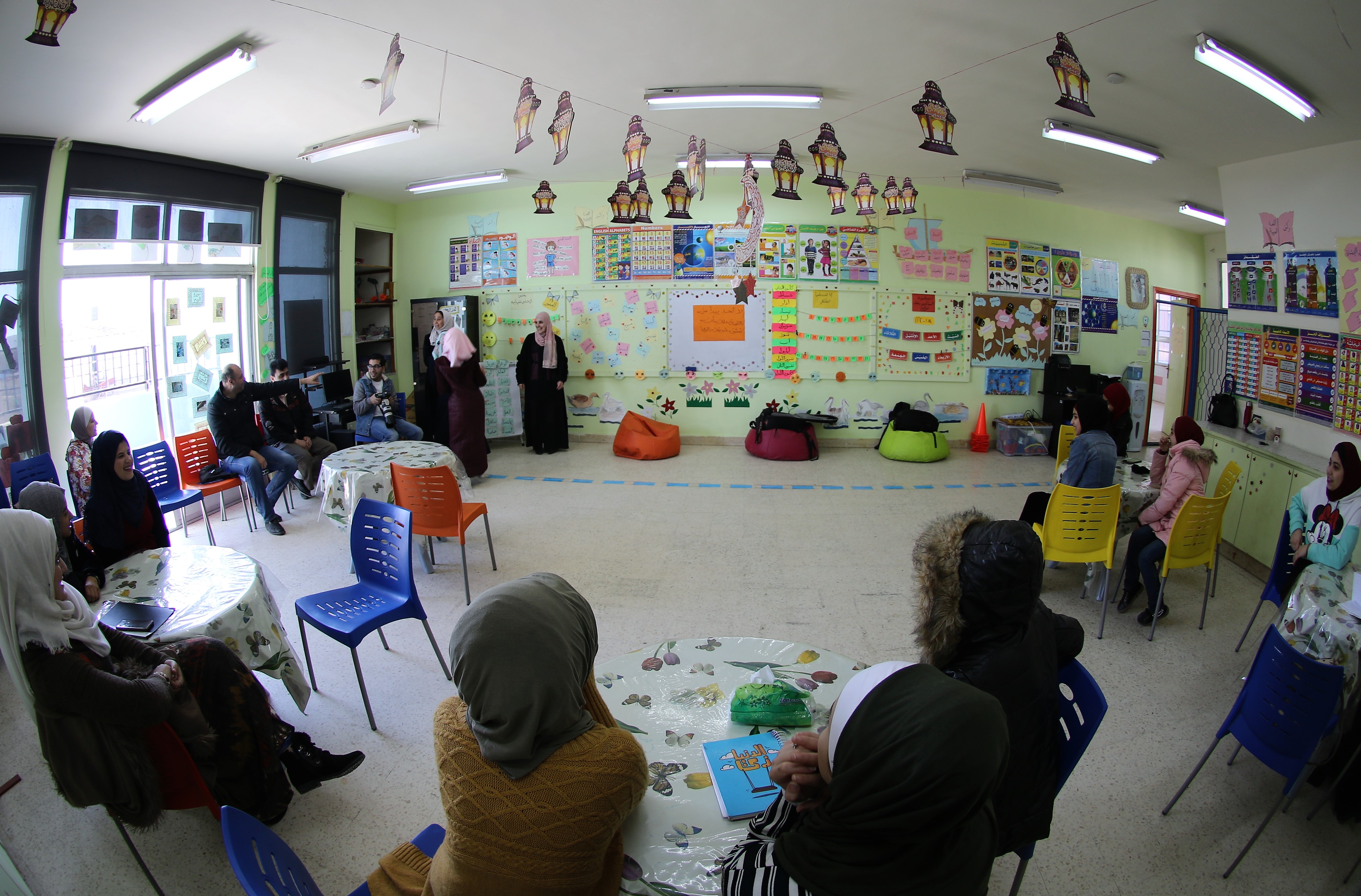The price is too high. Way too high. For wisdom.
Three days ago, I sat over small cups of bitter coffee here in Amman, Jordan, with a retired Palestinian professor of education whose family snatched him up in 1948 when he was 7 years old and fled from their home. To the relative safety of Jericho, then a town in the West Bank of Jordan. They never returned.
Now he is 82. And what he wanted to talk about was wisdom.
He started by recounting his experience in the first intifada in 1987, when he was a mid-career educator in his “forties.” Schools were closed for two and a half years at that time. He discovered tens of thousands of little informal “schools” organized by families in communities to ensure that their children could continue learning – encouraging their kids to read and talk about stuff. To explore whatever was on their minds through books.
These are the Palestinians that I have experienced over my 4 decades in the Middle East. People who build youth for the future of the next generation. Who will use any opportunity to gain knowledge. And wisdom.
My prof friend and I had the same vibe. Getting wisdom means willingness to walk unanswered through life – feeling inconsolable hurt and perceiving inconsolable loss in others. Comprehending that incomprehensible violence always promises an end to conflict and instead ends any promise of restoration. This one is right. That one is right. But they can’t both be right. Now what?
Forty-one years ago, as a young professor with a young family at the American University of Beirut, I found myself staring right into the edges of violence. An invasion of the city had disrupted everything: shelling, bombing, strafing. Thousands of displaced people moving into the relative “safety” of West Beirut (as it was called then). I was welcomed as a volunteer in a “pop up” medical dispensary to assist in triage – directing people to levels of care, such as we could provide in our limited circumstances.
I began learning my answer to the “now what” by serving the sufferers of that violence. A mother desperate for help for her kid. An old woman who could not get medicine for her failing kidneys. A 20-something pregnant, mentally challenged young woman for whom no explanation could calm her personal terror. People, normal, everyday people, who would eventually perish in that conflict.
The price of wisdom is too high. But the price of not getting wisdom is so much higher.
For more than 40 years I have lived in the Middle East, observing over and over the price of unwisdom. The belief that war can bring peace. Not possible. The price of unwisdom is untold suffering. Incomprehensible suffering. Suffering that raises generations in unresolvable crises, generations that will choose war as a means to peace. Because that is what they have learned is the “now what.” An unbreakable cycle of violence.
I have learned something else, too. The tears of those who suffer are the heaviest droplets in the world. Nothing weighs more than collected tears. Their unbearable weight tries to force us into choosing which tears are heavier than others. Whose tears matter, and whose tears do not. Seriously? We can weigh tears?
In my experience of 4 decades “out here,” conflict leads to even greater conflict. Suffering leads to even more suffering. Really? That is the best that we can do? That choice for unwisdom leads us to the abyss. The abyss of violence.
I reject that path to that abyss. By giving my compassion, my efforts, my tiny bit of love to all those who suffer. All civilians who suffer. Really, the cost of compassion far outweighs the cost of conflict. Surviving, shattered lives take far more resources to rebuild than the cost of weapons that shattered them.
The current conflict across the Jordan River from me, just an afternoon’s car ride from where I sit, is generating an abyss that swallows up compassion. That makes us want to weigh tears to assign more worth to these tears rather than to those tears. Very not wise.
The price of unwisdom is the next generation of the children of those tears who survive and who will believe that war brings peace. That hate can make things great. Continuing the cycle of violence.
Wisdom calls for us to break the unwise cycle of violence. To create a cycle of compassion and steps to reflect justice instead of violence. It will take a miracle to move away from that abyss. But each of us can be a miracle-worker. Each of us can choose compassion for all those suffering. It is going to be hard, but not choosing that path will be much harder.
Give bits of your heart, your love, compassion, and resources to all those who suffer. All those who suffer. Be wary of weighing those tears. All tears are unbearably heavy. All tears are valuable. All tears are worthy of our tears.
We can choose a better “now what.”
The will to gain wisdom is the path, the only path, to peace.
Let’s make peace together. Please.
Curt
P.S. - You can support our Gaza Emergency Response through this link.



